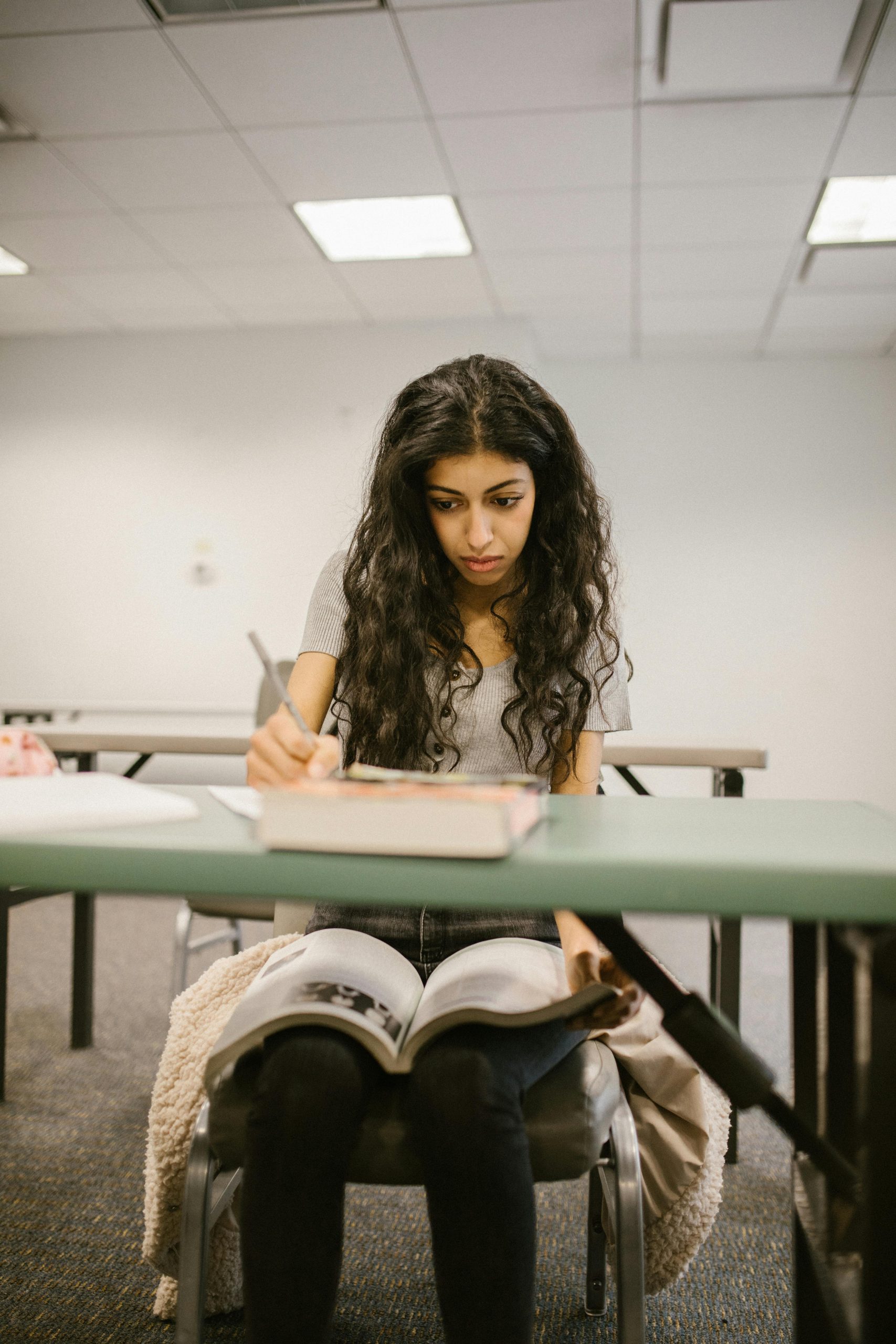What takes place in a special education classroom? As a student with special needs, how can you share your insights about the experiences and activities in that environment?


What takes place in a special education classroom? As a student with special needs, how can you share your insights about the experiences and activities in that environment?
In a special education class, the environment and learning methods are tailored to meet the diverse needs of students with disabilities. Here are some key aspects of what typically happens:
Individualized Instruction: Lessons are designed to cater to each student’s unique strengths and challenges, often based on their Individualized Education Program (IEP).
Small Class Sizes: Special education classes usually have fewer students, which allows for more individualized attention from teachers and support staff.
Variety of Teaching Methods: Educators use a range of instructional strategies, including hands-on activities, visual aids, and assistive technology, to make learning more accessible.
Social Skills Development: Many classes incorporate activities aimed at enhancing communication and social skills, helping students learn how to interact with peers and adults.
Collaboration with Therapists: You may find occupational therapists, speech therapists, or other specialists working alongside teachers to provide additional support.
Behavioral Support: Strategies to support positive behavior and emotional regulation are often included, creating a safe and nurturing environment.
As a special education student, you might know what happens in the classroom through your daily experiences, conversations with teachers and classmates, and feedback you receive on your progress. You could also reflect on how lessons are adapted to your learning style and any specific goals outlined in your IEP. Engaging in discussions with your teachers about your learning and any activities you enjoy can also provide insights into what is happening in your classroom.